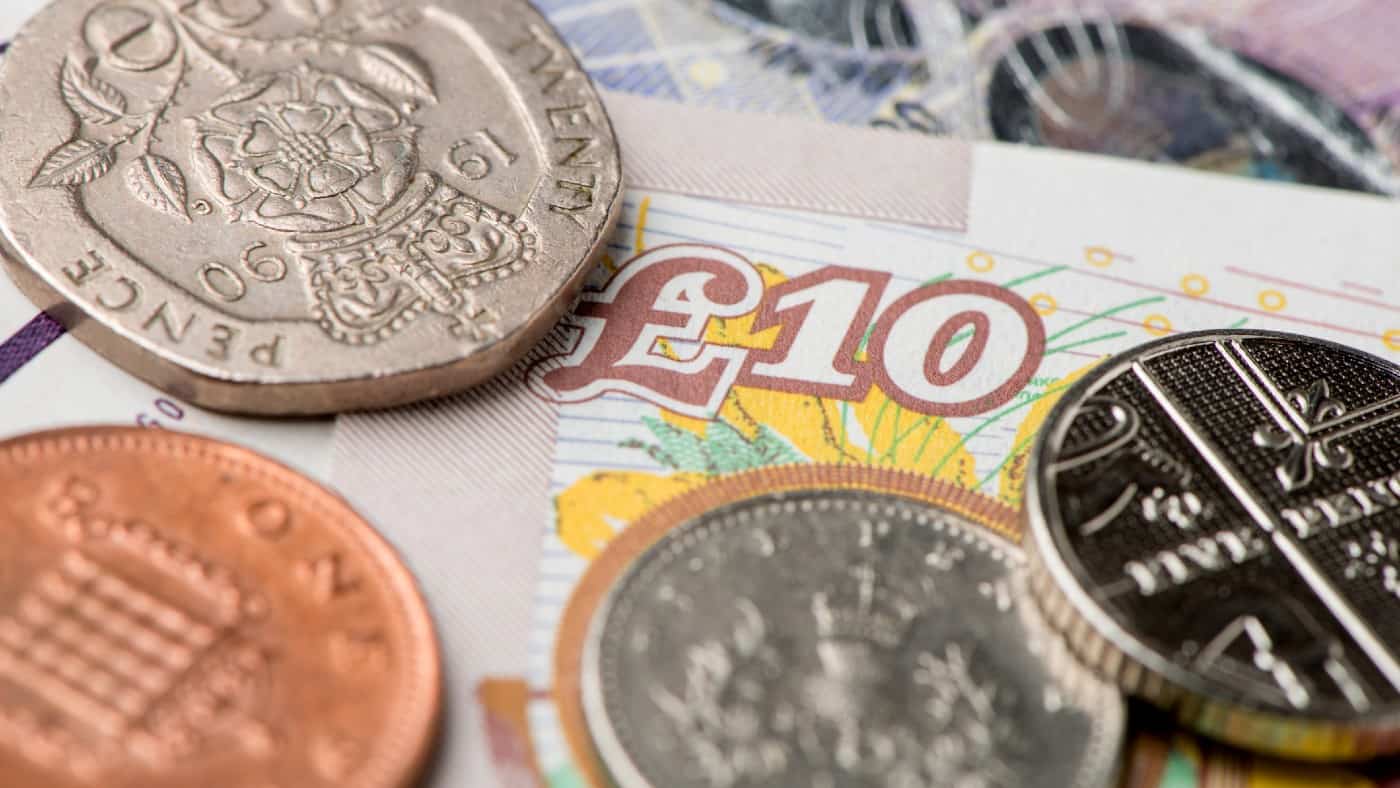Unlock the White House Watch newsletter for free
Your guide to what the 2024 US election means for Washington and the world
Global markets were steady on Tuesday after US President Donald Trump paused a trade war with Canada and Mexico, even as the US and China exchanged tit-for-tat tariffs.
Hong Kong’s Hang Seng index rose as much as 3.3 per cent before erasing some of its gains to close up 2.7 per cent, led higher by Chinese tech companies. The offshore renminbi strengthened slightly to Rmb7.31 a dollar, while oil prices fell.
European markets opened marginally down, with the Stoxx Europe 600 retreating 0.5 per cent in early trading. The FTSE 100 was down 0.6 per cent. US futures indicated the S&P 500 and Nasdaq would open slightly down.
Trump over the weekend imposed a 10 per cent rise in tariffs on China, which came into force on Tuesday. Other levies on Canada and Mexico were halted following a market rout on Monday over fears of a global trade contraction.
China retaliated with tariffs on US energy exports, further trade restrictions on critical minerals and an antitrust probe of Google, but markets shrugged off the impact. Mainland China’s markets were closed on Tuesday.
“It’s been a very measured reaction partly because China’s response has been perceived as being measured itself,” said Mitul Kotecha, head of emerging markets macro strategy at Barclays.
“The reaction in China-related markets has been nowhere near as negative as it could have been . . . 10 per cent is not 60 per cent,” he added, referring to the scale of Trump’s tariffs on China.
The US dollar weakened by 0.4 per cent against a basket of major trading currencies including the euro and yen.
The pause on the levies against Canada and Mexico had injected hope into the market that a global trade war could be averted, but the tariffs on China and Beijing’s response led to concern in some quarters over escalation between the world’s two largest economies.
Prices for Brent crude, the international oil benchmark, dropped 1 per cent on Tuesday to $75.2 a barrel. West Texas Intermediate, the US benchmark, fell 1.6 per cent to $72 a barrel.
Chinese companies listed in Hong Kong rose 3.5 per cent, in a sign that investors were not concerned by the latest tit-for-tat exchange. Technology stocks led gains, with Tencent, Alibaba, Xiaomi and JD.com among the best performers. State-owned Chinese chipmaker SMIC jumped 8.1 per cent.
“There is lots of optimism on local [Chinese] tech,” said Wee Khoon Chong, a senior markets strategist at BNY. “There’s a sense of optimism that if [Chinese AI company] DeepSeek can make it then maybe it’s not so bad after all.”
The surge in Chinese tech stocks came after Trump wrote on his Truth Social platform: “GREAT INTEREST IN TIKTOK! Would be wonderful for China, and all concerned.”
Trump has said that tariffs on China could hinge on a deal over TikTok’s ownership. Within hours of his inauguration last month, Trump postponed a deadline requiring the app’s Chinese owner ByteDance to sell its stake or face a ban in the US.
He is expected to speak to China’s leader Xi Jinping in the coming days.
Other Asian markets also gained on Tuesday. Japan’s exporter-heavy Nikkei 225 index closed up 0.7 per cent, while South Korea’s Kospi advanced 1.1 per cent.
Taiwan’s benchmark Taiex rose 0.4 per cent, led by Taiwan Semiconductor Manufacturing Company, which gained 2.3 per cent.
Credit: Source link














